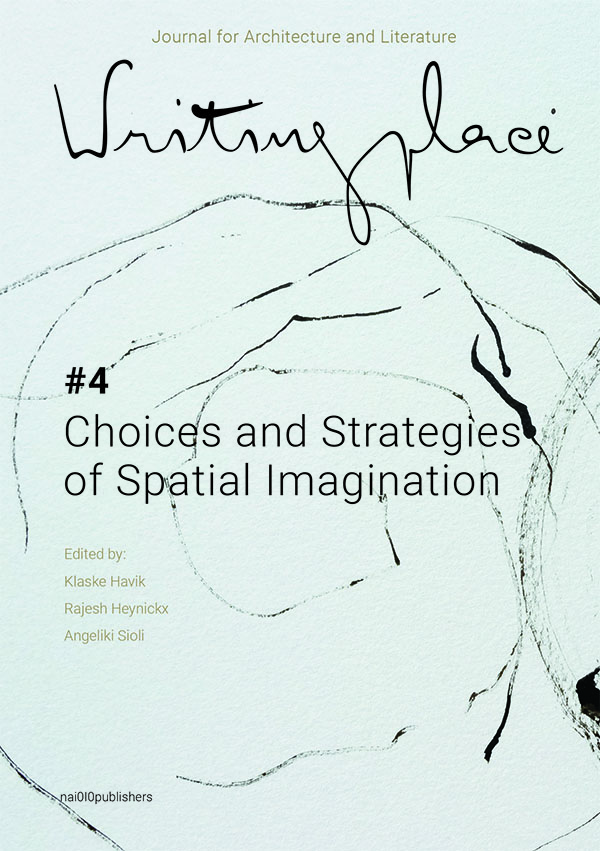Undefined Terrain
DOI:
https://doi.org/10.7480/writingplace.4.5278Abstract
In a period when cities are getting denser while simultaneously adapting to climate change, green urban spaces have come into focus. The green city has become a persuasive new brand, and I have studied sites that have been left undefined for years, thereby providing areas with unruly and wild vegetation that anybody is welcome to use for recreational purposes. Ideas about making cities greener are not new, and there are well-known examples in utopian fiction that describe whole cities that have the same appearance as the vacant lots I have documented and filmed: the Ellstorp lot in Malmö, and the Beauvais lot in Copenhagen. In News from Nowhere by William Morris, large areas of London have turned into forest; in Ecotopia by Ernest Callenbach, San Francisco is covered with large, park-like, car-free boulevards. These examples open up for change with the intent to create not only sustainable societies but also more equality. Women in these narrations represents the unknown, a space where you can project your fantasies, that in both novels are tainted by stereotypical thinking. To me, the sites offer a space in the city that allows me to escape these kinds of projections. But I also consider these places a utopia in reverse, where the undeveloped green space resists gentrification. Instead these sites offer valuable qualities in their function as unprogrammed areas with a rich vegetation that anybody can enjoy, adding biodiversity and inclusion to the city.
References
Ernest Callenbach, Ecotopia (Berkeley, CA: Banyan Tree Books in association with Heyday, 1975), 11.
Fredric Jameson, Archaeologies of the Future (London: Verso, 2007), 52.
Forgetful Nature, HD video, 13:34 mins, Maria Finn, 2019. http://mariafinn.dk/category/video/.
Raymond Williams, Problems in Materialism and Culture (London: Verso, 1980), 208.
William Morris, News from Nowhere and Other Writings (London: Penguin, 1993), 104.
Zygmunt Bauman, Modernity and the Holocaust (Cambridge: Polity, 1989), 57.
https://malmo.se/Service/Var-stad-och-var-omgivning/Stadsplanering--strategier/Pagaende-oversiktsplanering/Oversiktsplan-for-sodra-Kirseberg-och-Ostervarn.html. Accessed 2 October 2019.



